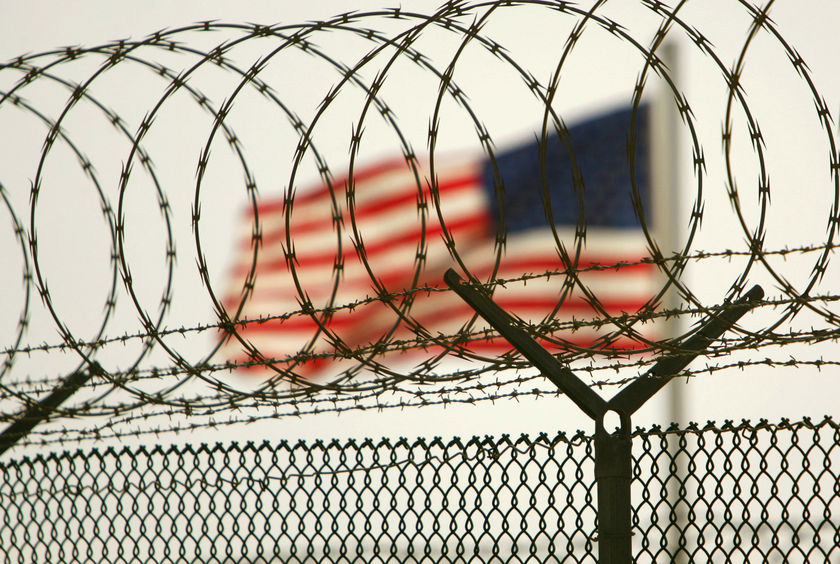

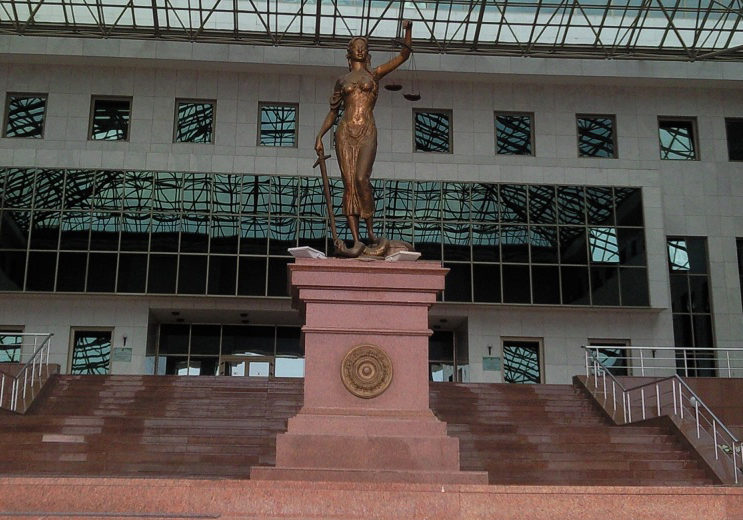
Kazakhstan: ICJ concerned at Supreme Court’s decision to confirm the disbarment of lawyer Polina Zhukova
The ICJ today expressed concern at the decision of the Kazakhstan Supreme Court, on 26 March, to affirm the disbarment of lawyer Polina Zhukova on spurious grounds that run contrary to international standards on the role and independence of lawyers.
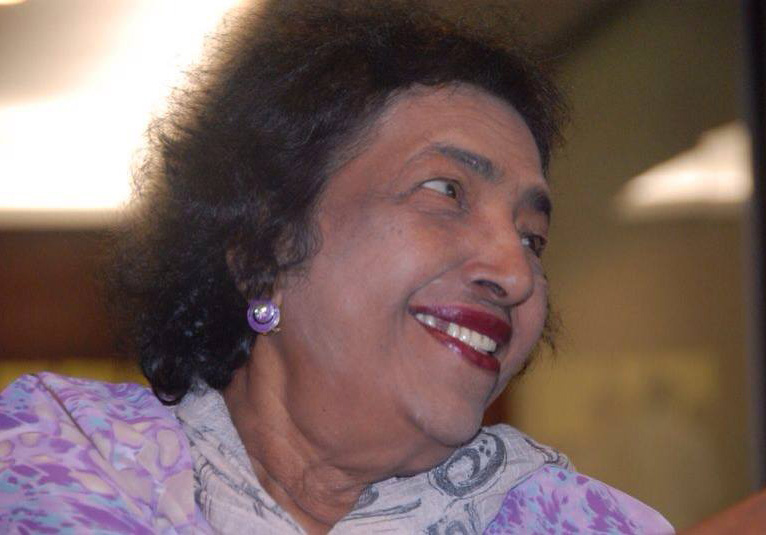
Malaysia: ICJ pays tribute to human rights defender Irene Fernandez
The ICJ mourns the loss of Irene Fernandez, a Malaysian human rights defender who was at the frontline of promoting and protecting human rights, especially the rights of women and migrant workers.
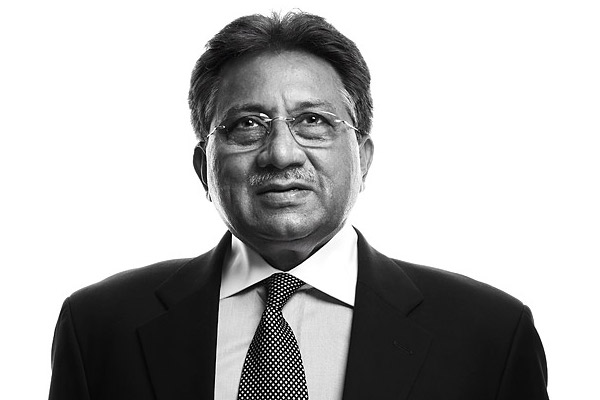
Pakistan: Musharraf treason trial a ‘milestone’
The indictment of General Pervez Musharraf on charges of treason marks a milestone for Pakistan’s judiciary, which must ensure his trial fully complies with international standards, the ICJ said in a briefing paper released today.
“General Musharraf’s treason trial is unprecedented in Pakistan’s political and legal history,” said Sam Zarifi, ICJ’s Asia Director. “This is an opportunity for Pakistan’s judiciary to demonstrate that no-one is above the law and that everyone accused of an offence has the right to a trial that is, and is seen to be, impartial, independent and expeditious.”
In its briefing paper, the ICJ highlights the legal framework and political context of the high treason trial against Pakistan’s former president and army general, Pervez Musharraf, in a Question and Answer format.
The Pakistan Government has established a special court to try General Musharraf for high treason on charges relating to his allegedly unconstitutional imposition of emergency rule and unlawful dismissal of judges on 3 November 2007. Under the law, high treason is punishable by death or life imprisonment.
On Monday, 31 March, Pervez Musharraf was formally indicted on five charges. He pleaded not guilty on all charges.
“This trial marks the first time a senior Pakistani military figure could be held to account for trampling on the rule of law and human rights in the country,” Zarifi said. “General Musharraf should be facing a proper trial for the many human rights violations that took place during his rule and under his command. But this case is at least a start.”
The lead-up to the trial has been marked by confusion, including erroneous reports last week suggesting that Justice Faisal Arab had quit the three-member special court, a move that could possibly have aborted the trial.
There have been many hurdles in the proceedings so far, including General Musharraf’s health, security threats, and concerns about whether he can be guaranteed a fair trial.
Many in Pakistan are celebrating the trial as a victory of rule of law, but others have expressed reservations about the selective nature of the proceedings: General Musharraf is only being tried for imposition of emergency rule on 3 November 2007, not for the military coup through which he usurped power in October 1999.
There are also serious allegations that widespread gross violations of human rights, including enforced disappearances, extrajudicial killings and torture, were carried out by the security forces while General Musharraf was the head of State and the military, yet no case has been instituted in relation to these gross violations of human rights thus far.
“Every effort must be taken to ensure that General Musharraf’s rights as an accused are protected and that the trial complies with Pakistani and international fair trial standards. If convicted of high treason he should be sentenced to life imprisonment, rather than the death penalty.”
The ICJ considers the death penalty in all cases to constitute a violation of the right to life and the right not to be subjected to cruel, inhuman or degrading punishment.
To read the full text of the ICJ Briefing Paper, click on the following PDF file
icj pakistan – musharraf – Q&A
Sam Zarifi, ICJ Asia Pacific Regional Director (Bangkok), t: +66 807819002; email: sam.zarifi(a)icj.org
Reema Omer, ICJ International Legal Advisor for Pakistan (London), t: +447889565691; email: reema.omer(a)icj.org
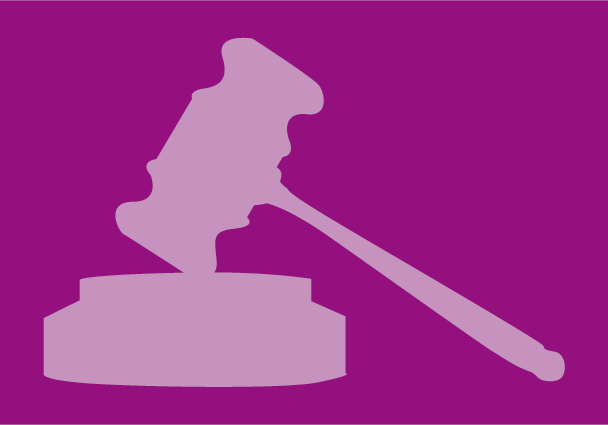
Nauru: crisis for rule of law deepens
The crisis for the rule of law in Nauru, triggered by actions by the executive government that undermine the independence of the judiciary, has deepened.
Nauru Chief Justice Geoffrey Eames resigned on 13 March 2014, two months after the Nauru government summarily dismissed and expelled a judge despite the Chief Justice’s orders to the contrary, and blocked the Chief Justice from returning to the country. A letter of concern ICJ wrote to the government of Nauru several weeks ago remains unanswered.
The decision of the Chief Justice to resign ended the stalemate the government had created by continuing to deny him entry to the country despite the legislature’s refusal to allow the government to impeach him on spurious grounds. It did not, however, end the continuing crisis the government’s actions have created for the independence of the judiciary and the rule of law in Nauru.
The ICJ had earlier publicly expressed its deep concern about the removal of Magistrate Law from office in absence of any due process, and in violation of an injunction issued by the then Chief Justice Eames, and the arbitrary denial of the Chief Justice of access to Nauru. Chief Justice Eames has said that, even by the time of his resignation in mid-March, he had not received any explanation of the specific reasons for cancellation of his visa.
The ICJ’s Centre for the Independence of Judges and Lawyers (CIJL) wrote to President Baron Waqa and relevant ministers of government on 8 March 2014 requesting information and calling upon the government to immediately reverse and remedy the actions taken against the Resident Magistrate and Chief Justice, and to adhere to concrete procedural safeguards to re-establish protection of the rule of law (PDF: Letter-Nauru-IndependenceJudiciary-03032014). To date, the ICJ has received no response.

Strategic Session for human rights defenders in West, East and Southern Africa
The ICJ hosted over 40 human rights defenders (HRDs) from Southern, Eastern and Western Africa to deliberate on strategies for enhancing the protection of human rights and human rights defenders.
The event took place on 27-28 March 2014 in Tswane, Pretoria.
Several African dignitaries attended the strategy session, including various independent experts from the African Union and United Nations focusing on protection and promotion of the work of human rights defenders.
This reflection session came in the wake of the increased sophistication of acts that undermine the independent, safe and secure operation of human rights defenders in Africa.
These acts include restrictive and punitive legislative enactments, in countries such as Uganda, Ethiopia and Kenya, and extra judicial killings and enforced disappearances in countries such as the Democratic Republic of Congo, Sudan, and South Sudan.
Other acts undermining the work and security of human rights defenders include the prohibition of access to funding; defamatory labeling of HRDs as “spies”, “unpatriotic”, “traitors”, and “foreign agents”; and the passing of laws criminalizing homosexuality.
The Universally acclaimed Declaration on Human Rights Defenders has recorded a greater number of breaches in recent times than before.
There is an increasing need for defenders to identify and reflect on opportunities to strengthen their collective responses and to provide rapid in-country and regional support and solidarity that nurtures a spirit of resilience, collectiveness and camaraderie within universally accepted norms of the defence of human rights.
Contact
Arnold Tsunga, Director, ICJ Africa Regional Programme, Arnold.tsunga(a)icj.org, +27731318411, or
Martin Okumu-Masiga, Deputy Director, ICJ Afria Regional Programme, Martin.okumu-masiga(a)icj.org, +27110248268 (full text in PDF)
Southern Africa-Strategic Session rapide response-Publications-Workshop report-2015-ENG (full text in PDF)




